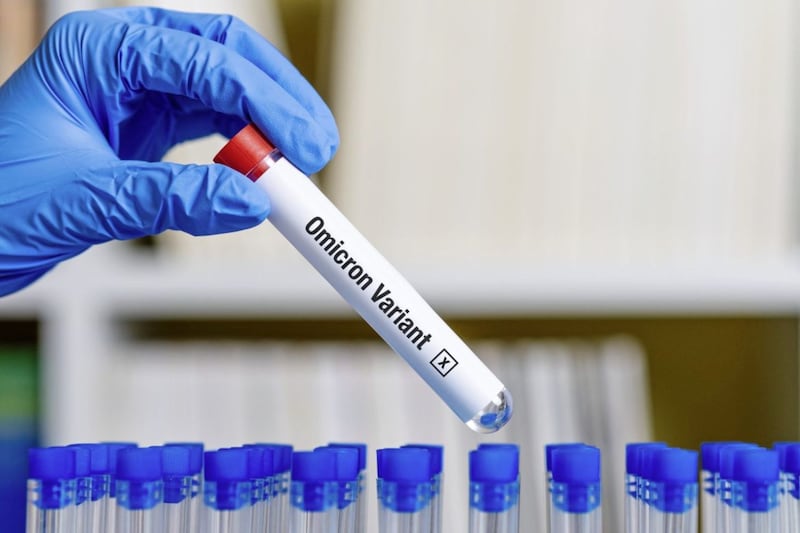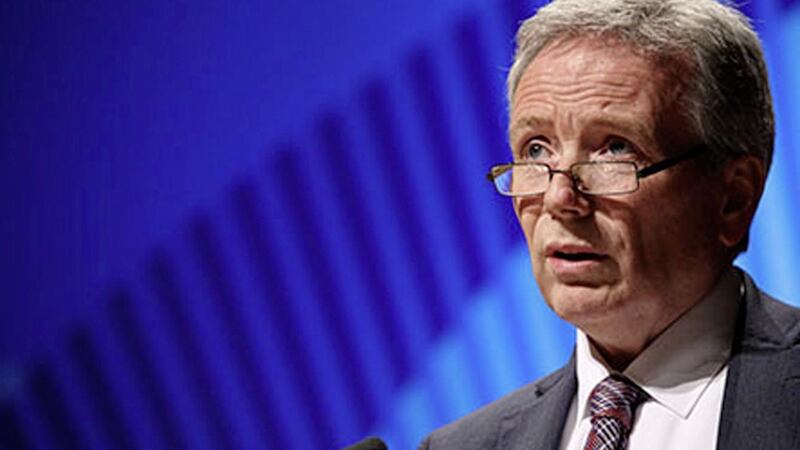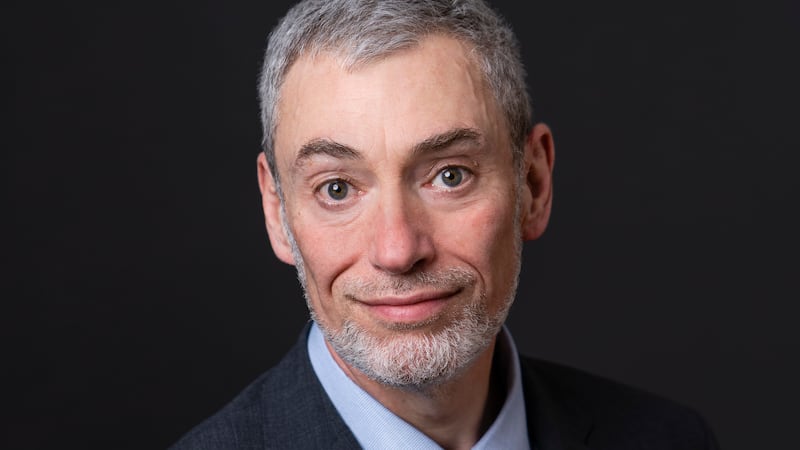STAFF absences as opposed to Covid hospital admissions are currently placing the biggest strain on the health service, a leading doctor has warned.
Dr Tom Black of the British Medical Association (BMA) also raised concerns about frontline workers who for "whatever reason" remain unvaccinated and accused them of "putting patients at risk".
He called on the health service to examine why some NHS employees are not jabbed.
"In my practice, everyone is vaccinated and in my profession, 99 per cent are vaccinated. I think that's the line you have to hold," the Derry GP told The Irish News.
The BMA chief for Northern Ireland said they carried out modelling shortly before Christmas, which suggested 10 per cent of doctors will catch the more transmissible Omicron variant and a further 15 per cent will have to self-isolate.
Dr Black said his trade union's modelling figures are "certainly what we're seeing".

On New Year's Eve, the ambulance service confirmed around a fifth of its 1,400 strong workforce were off due to Covid.
Dr Black, who has been based in a Bogside GP surgery for over 30 years, said he expects a "huge number of infections" over coming weeks with the over-60s affected - even those who have been given booster vaccinations.
"At that point we don't know what's going to happen. We don't know if the over-60s are going to get ill or not, it will probably take another week or two...we're in a desert of stats at the minute," he said.
"At the moment the indications are they're aren't going to land in hospital...but it's the over-60s who are always the most vulnerable, who have diabetes, high blood pressure and so on.
"The big short-term problem we're going to have is staff absences. The story for the next week is how do you keep not just the health service but aeroplanes, trains and buses, ambulances etc going when there's so many staff off.
"So it's not the Covid hospital admissions right now. The trusts, ambulance service and GP practices are all suffering because of staff absences."
Latest data shows that Omicon hospital admissions in London - which is two to three weeks ahead of the north in terms of the outbreak - may have peaked.
However, a hospital trust in Lincolnshire yesterday declared a critical incident with “extreme and unprecedented” staff shortages linked to Covid resulting in “compromised care”.
Updated figures on cases and hospital admissions are due to be released today for Northern Ireland.
The most up-to-date data is for New Year's Eve, when a record daily high figure of 7,215 new cases were confirmed. There were 314 Covid patients in hospital, of which 34 were in ICU (a small increase on the previous day's ICU figures).
Dr Black said GP surgeries in the north were at greatest risk as a result of depleted staff cover, especially smaller practices.
"If you have a three or four handed GP practice and two or three of them are out, then you're in a lot of bother," he added.
"If you have a 20 doctor hospital Emergency Department and you have 10 out, you still have half there as it were. So certainly I've seen practices where there are five out of seven GPs off with Covid or self-isolating."
Meanwhile, Chief Medical Officer Sir Michael McBride issued correspondence last Thursday on changes to guidance for vaccinated healthcare staff who are close contacts of a positive case.
Previously, these workers had to stay off work for 10 days if deemed close contact. However, they can now return providing they are vaccinated.
They do not have to take PCR tests but instead take lateral flows until the tenth day following exposure. They must also not come into contact with the most clinically vulnerable patients.
Dr Black welcomed the change in guidance and said the health service must examine the issue of those who were not jabbed.
Freedom of Information data obtained by The Irish News last September revealed that by June, only 60 per cent of nurses were jabbed in the Belfast trust on its own site.
A trust spokesman said they do not hold the data on current vaccine uptake among its staff.
The Department of Health also said it was unable to disclose the most recent take up for boosters among healthcare staff - but added it was "confident" that the "vast majority" were jabbed.
Dr Black said: "Every patient should be able to expect that the healthcare worker looking after them has been fully vaccinated, otherwise they're putting patients at risk.
"You've got to then approach the subject of what you do with staff who can't get vaccinated for clinical reasons - you should find other work for them.
"The staff who won't get vaccinated for whatever reason - I think there's a whole piece of work there to do - but I think that patients have a right to expect that people looking after them are vaccinated."







